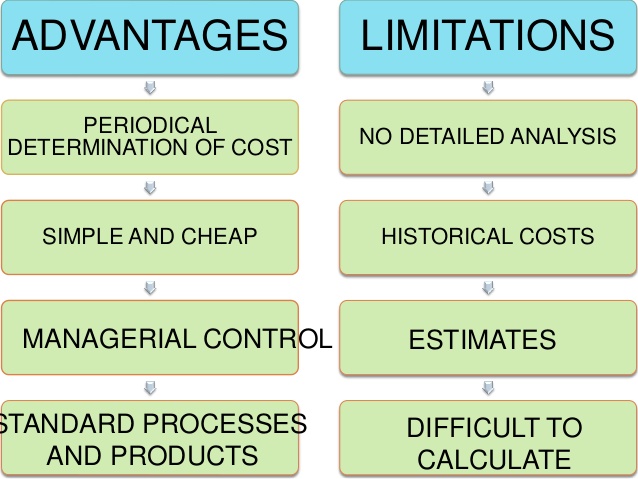Content

No matter what type of accounting you use, if you have a bookkeeper, they’ll handle any and all adjusting entries for you. An accounting period is an established range of time during which accounting functions are performed and analyzed. An accrued expense is recognized on the books before it has been billed or paid. As we all know that we are preparing and following the double entry bookkeeping system of accounting where every debit has equal and corresponding credit and vice versa. Thus, it is assumed that the sum of all debits is equal to the credits. These include interest, wages, taxes, rent and many operating expenses.
Correlated evolution of social organization and lifespan in mammals – Nature.com
Correlated evolution of social organization and lifespan in mammals.
Posted: Tue, 31 Jan 2023 16:15:29 GMT [source]
Customarily the asset could then be removed from the accounts, presuming it is then fully used up and retired. Recall that operating expenses are day-to-day expenses that are incurred by an organization. Often, at the end of the accounting reporting period, https://online-accounting.net/ expenses have been incurred but an invoice may not have been received. If an invoice has not been received, it is acceptable to make a reasonable estimate of the expense. The employees are normally paid weekly, on Friday for work completed on that Friday .
Recognizing Notes Receivable
Examples of such expenditures include advance payment of rent or insurance, purchase of office supplies, purchase of an office equipment or any other fixed asset. These are recorded by debiting an appropriate asset (such as prepaid rent, prepaid insurance, office supplies, office equipment etc.) and crediting cash account. An adjusting entry is made at the end of accounting period for converting an appropriate portion of the asset into expense. In accounting/accountancy, adjusting entries are journal entries usually made at the end of an accounting period to allocate income and expenditure to the period in which they actually occurred. The revenue recognition principle is the basis of making adjusting entries that pertain to unearned and accrued revenues under accrual-basis accounting. They are sometimes called Balance Day adjustments because they are made on balance day.
Next Accounting PeriodAccounting Period refers to the period in which all financial transactions are recorded and financial statements are prepared. Other times, the adjustments might have to be calculated for each period, and then your accountant What is Adjusting Entries: Definition, Types, and Examples will give you adjusting entries to make after the end of the accounting period. Let’s say you pay your business insurance for the next 12 months in December of each year. You have paid for this service, but you haven’t used the coverage yet.
What Accounts Are Affected by an Adjusting Entry?
Accrued interest refers to the interest that has been incurred on a loan or other financial obligation but has not yet been paid out. Full BioMichael Boyle is an experienced financial professional with more than 10 years working with financial planning, derivatives, equities, fixed income, project management, and analytics. Once his client pays the bill on February, he will have to reverse the entry. The amount of interest therefore depends on the amount of the borrowing (“principal”), the interest rate (“rate”), and the length of the borrowing period (“time”). The total amount of interest on a loan is calculated as Principal X Rate X Time. Before moving on to the next topic, consider the entry that will be needed on the next payday .
What is the difference between adjusting entries and closing entries?
Adjusting entries allow business owners and accountants to comply with the accrual accounting principle when recording a business’s finances, whereas closing entries are used to close temporary ledger accounts and transfer all of their balances to permanent alternatives.
This means that, unlike adjusting entries, closing entries do not really affect a business’s profitability at all, and they can in fact be carried out with very little human involvement.
Remember, revenue cannot be recognized in the income statement until the earnings process is complete. Note – it is not necessary to record each individual operating expense as a separate liability – a credit to either accounts payable or accrued liability is acceptable. At the end of each accounting cycle, adjusting entries are made to charge uncollectible receivable as expense.
